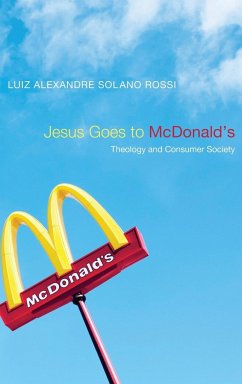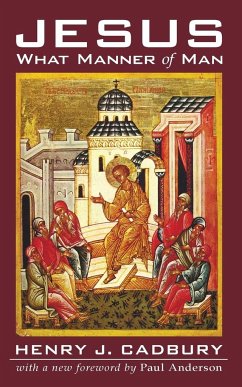This book demonstrates that Latin American liberation theology continues to produce substantial biblical exegesis, absorbing theological reflection, and a sharp social critique that enhances the worldwide church. In Jesus Goes to McDonald's, Rossi asserts that the book of Job protests against the devastating effects of imperial Persian rule in postexilic Judah--effects seen as the stimulus for the theology of reward so severely criticized by Job. Not since Gustavo Gutierrez's On Job has there been such a compelling reading of the book of Job as a literary mirror of oppressive socioeconomic and political conditions. Rossi uses Job to offer a critique of the prosperity theology that is so dominant in parts of the church today. The second half of the book offers a radical critique of ""the McDonaldization"" of society and church. Free market capitalism has become an all-embracing worldview to the detriment of society and church. As counter-speech, Rossi proposes a theology that favors life, a life in which solidarity with the poor is central.
Hinweis: Dieser Artikel kann nur an eine deutsche Lieferadresse ausgeliefert werden.
Hinweis: Dieser Artikel kann nur an eine deutsche Lieferadresse ausgeliefert werden.








